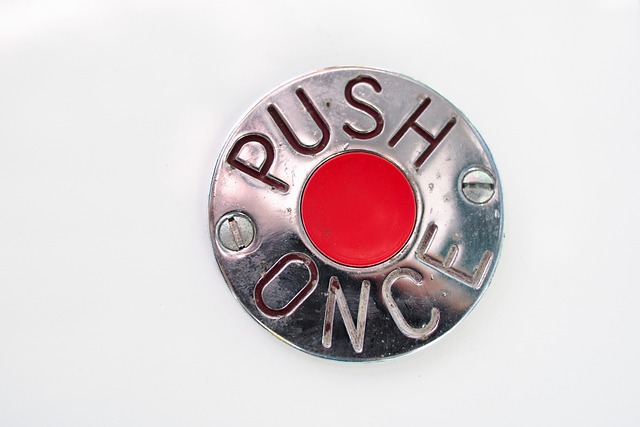There’s an invisible contract we carry, one we never remember signing. It reads…
I will love myself… but only if you say I can.
We hold our put our love of self off, waiting for others to approve before we dare accept it for ourselves.
Many of us live a cage of self-lovelessness, thinking that others have the key to let us out, but not knowing that we actually have the key and can let our selves out whenever we choose to.
We check others expressions, their tone, their willingness to stay. we silently ask, Do you think I’m enough? Do you think I’m worthy? Because if you don’t… how could I?
And so, we make love conditional. We tie it to the approval of parents, friends, partners, strangers on the internet—anyone willing to grant us permission and we shrink ourselves when they disapprove.
We bloom when they affirm and deflate when they don’t. Our sense of worth, fragile as a house of cards, is always at the mercy of someone else’s hands.
The parts of us that we love and think have value or worth becomes also anchored on what we think others love and value about us.
The permission to love ourselves and even what about us we love becomes up to others.
But what if no one ever gives us the permission we crave? and Should they even have it the first place?
This illusion makes sense, in a way because we first learnt about love from the outside. As children, we look to the faces of our caregivers to reflect our worth. If their gaze is warm, we absorb the message: I am lovable. If it’s inconsistent or cold, we question: Am I? And so, we grow up scanning the world, looking for that answer in the eyes of friends, partners, mentors—anyone who might hold the mirror steady enough for us to believe.
But here’s the paradox: no matter how many people love us, if we don’t believe we’re worthy of it, we won’t feel it. We may end up seeing the admiration as politeness, affection as obligation, praise as exaggeration. Love will touch us but never sink in, like rain on a closed window.
And yet, self-love—real, deep, unshakable self-love—feels impossible without a guide.
But is this true?
At some point, we have to ask ourselves: Who gave others the authority to decide what I deserve?
No one, really. And yet, we act as if they hold the key to a door we’re fully capable of unlocking ourselves.
What if self-love is something we reclaim—stolen piece by stolen piece—until we remember it was ours all along?
Breaking the Contract
Let’s cross out the fine print and break agreement with the what says:
✔ I will love myself when you love me.
✔ I will believe in myself when you approve.
✔ I will exist fully, only if you allow it.
✔ I will love the pieces of me you love.
✔ I will not love the pieces of me you don’t love or approve.
Rewriting the contract
✔ I reclaim the right to love myself.
✔ I reclaim the right to approve of myself.
✔ Your permission and approval is not necessary or needed for me to love myself.
✔ I will appreciate the parts of me that are approved.
✔ I will appreciate and love the parts of me that aren’t.
✔ I will take up space, not because you allow it, but because I am here.
Self-love is not something to be granted. It is something to be claimed.
So go ahead. Love yourself. Even if no one says you can.
Especially then.
Please share other items that you think should appear in the renewed contract here













